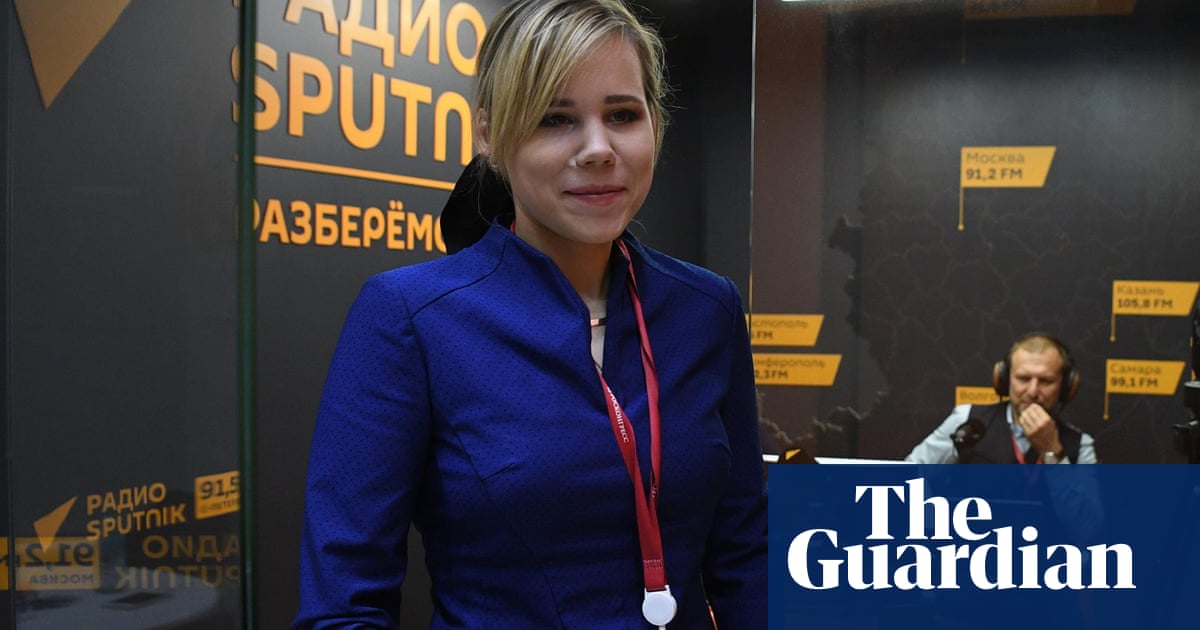Text copied over from a poppinkream post:
“The alleged target in this assassination was her father, Alexandr Dugin, a Russian neo-fascist whose writings and ideas are widely available and taught in Russian military academies. He works closely with the Russian government and also wrote the Foundations of Geopolitics. He is an individual that helped shape contemporary Russian foreign policy. Alexander Dugin is a proponent of Neo-Eurasianism, a fascist ideology that believes in building a totalitarian Russian empire to bring about an era of illiberalism.
Aleksandr Dugin’s Foundations of Geopolitics http://www.4pt.su/en/content/aleksandr-dugin’s-foundations-geopolitics
“By the summer of 2001, Aleksandr Dugin, a neo-fascist ideologue, had managed to approach the center of power in Moscow, having formed close ties with elements in the Presidential Administration, the secret services, the Russian military, and the leadership of the State Duma.
…Within the United States itself, there is a need for the Russian special services and their allies “to provoke all forms of instability and separatism within the borders of the United States (it is possible to make use of the political forces of Afro-American racists)” (p. 248). “It is especially important,” Dugin adds, “to introduce geopolitical disorder into internal American activity, encouraging all kinds of separatism and ethnic, social and racial conflicts, actively supporting all dissident movements – extremist, racist, and sectarian groups, thus destabilizing internal political processes in the U.S. It would also make sense simultaneously to support isolationist tendencies in American politics…” (p. 367).
…As for the former union republics of the USSR situated within Europe, they all (with the single above-noted exception of Estonia) should, in Dugin’s view, be absorbed by Eurasia- Russia. “Belorussia,” Dugin asserts flatly, “should be seen as a part of Russia…” (p. 377). In similar fashion, Moldova is seen as a part of what Dugin calls “the Russian South” (p. 343).
On the key question of Ukraine, Dugin underlines: “Ukraine as a state has no geopolitical meaning. It has no particular cultural import or universal significance, no geographic uniqueness, no ethnic exclusiveness” (p. 377). “Ukraine as an independent state with certain territorial ambitions,” he warns, “represents an enormous danger for all of Eurasia and, without resolving the Ukrainian problem, it is in general senseless to speak about continental politics” (p. 348). And he adds that, “[T]he independent existence of Ukraine (especially within its present borders) can make sense only as a ‘sanitary cordon’…” (p. 379). However, as we have seen, for Dugin all such “sanitary cordons” are inadmissible.
in March of 2022 the U.S. Treasury department added the now deceased, Darya Dugina, to the sanctions list for her involvement in Project Lakhta - a sophisticated online Russian disinformation campaign.
If anyone wants to know more about Aleksander Dugin, the podcast No Easy Answers did a series on him. Episode 47 entitled “We Need To Talk About Aleksander Dugin,” episode 48 about Dugin’s occult fascism and the hijacking of left anti imperialism, and episode 49 about Dugin, Russian nationalism and Ukraine.” Heres a youtube link but it can also be found in your favorite podcast app https://youtube.com/watch?v=0uz22FFzW7g
Alexandr Dugin is not the brains behind the Z invasion, at all. Putin admitted reading Ivan Ilyin and Nikolai Berdyaev, but never spoke about Dugin, nor ever met him.
"Facts don’t support Western spin on Dugin bombing
Mainstream media reports are drawing the wrong conclusions about Aleksandr Dugin assassination attempt" by David P. Goldman and Uwe Parpart
https://asiatimes.com/2022/08/facts-dont-support-western-spin-on-dugin-bombing/
They probably want to tie Putin to the only confirmed nazbol out there to muddle ML analysis of Ukraine conflict.
Is Dugin now even a nazbol though? He had like 3 political voltas since 90’s.
huh
car bombings have really gone down in quality since the IRA eh?
Ukraine as a state has no geopolitical meaning
True
Ukraine as an independent state with certain territorial ambitions,” he warns, “represents an enormous danger for all of Eurasia and, without resolving the Ukrainian problem, it is in general senseless to speak about continental politics” (p. 348). And he adds that, “[T]he independent existence of Ukraine (especially within its present borders) can make sense only as a ‘sanitary cordon’…”
True
Same is true for many other ‘countries’ .





